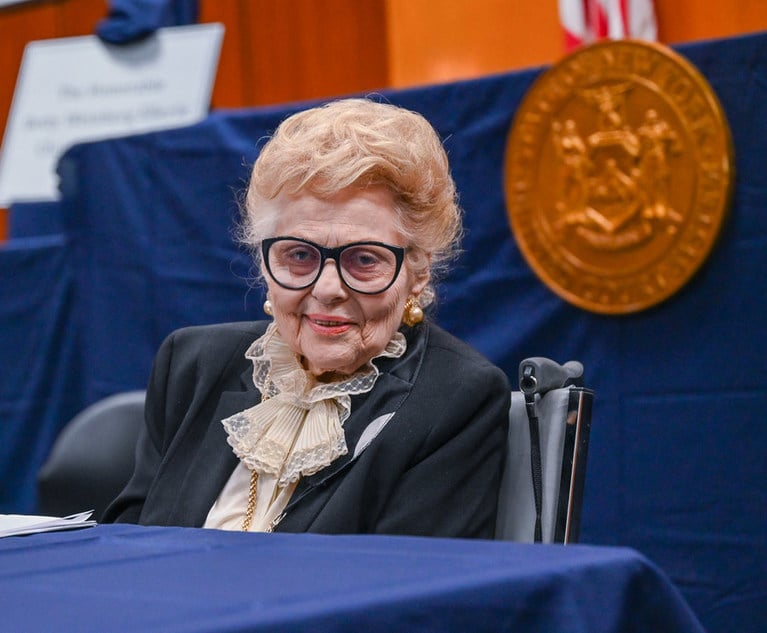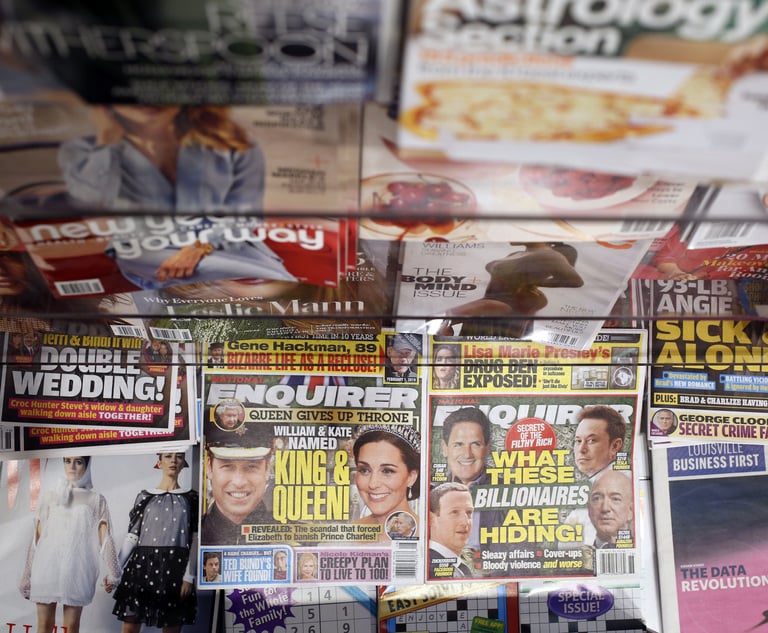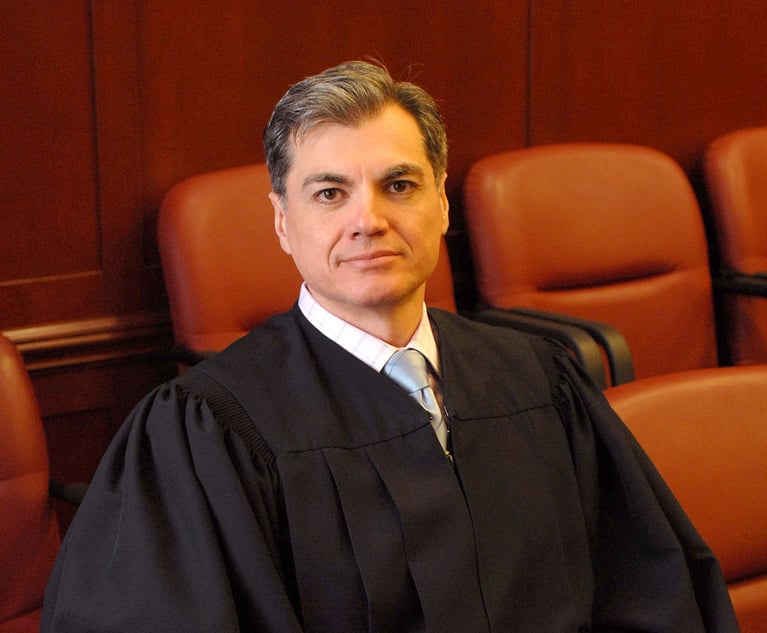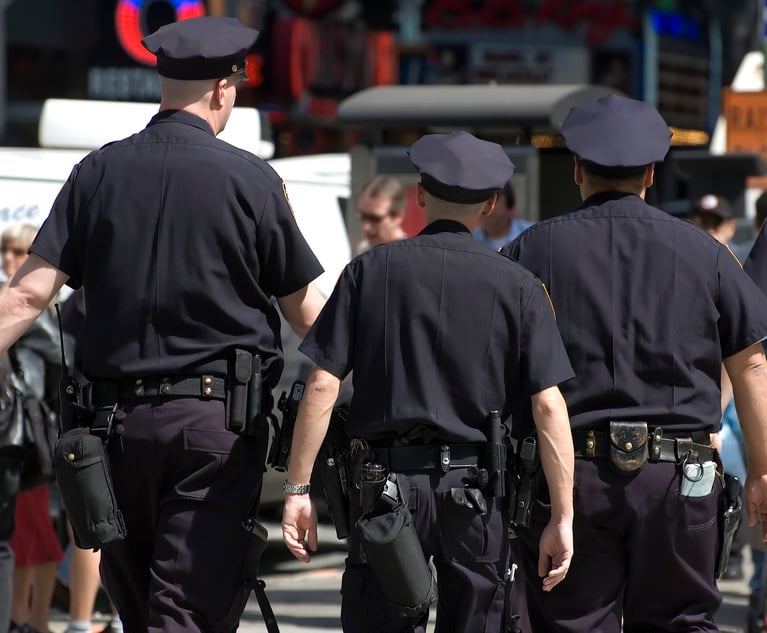To many trial lawyers, jury selection holds the key to a successful verdict. For this reason, it is crucial to carefully explore juror attitudes, biases, and beliefs during voir dire. In contrast to a “one size fits all” approach to jury selection, lawyers would be far better served by carefully crafting their questions to provide insight into a juror’s mindset. If conducted properly, not only will the information gleaned during voir dire inform a lawyer’s decision of whether or not to challenge that juror, but additionally, it will offer valuable information that can be used effectively to emphasize points during the course of trial.
In particular, during jury selection, trial lawyers should avoid asking repetitive, checklist-type questions that provide little to no substantive value. In addition, other questions with minimal value are those which merely seek confirmation—such as yes-or-no questions—rather than eliciting more detailed, illustrative responses. For example, consider the following questions asked in a rote manner, without strategic placement:
Q: Can you be fair?
Q: Will you decide this case fairly and impartially based on the evidence?
Q: Can you listen to the evidence based on the facts?
Q: Do you consider yourself a fair-minded person?


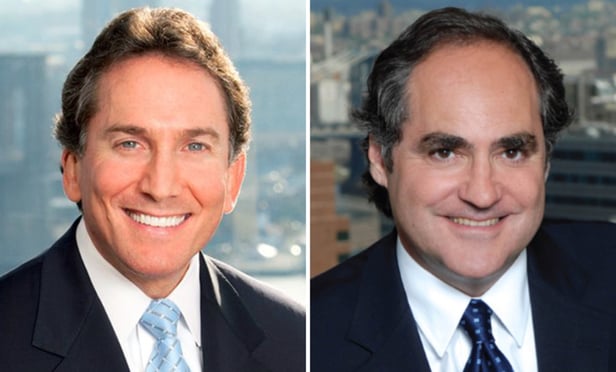 Ben Rubinowitz and Evan Torgan
Ben Rubinowitz and Evan Torgan
